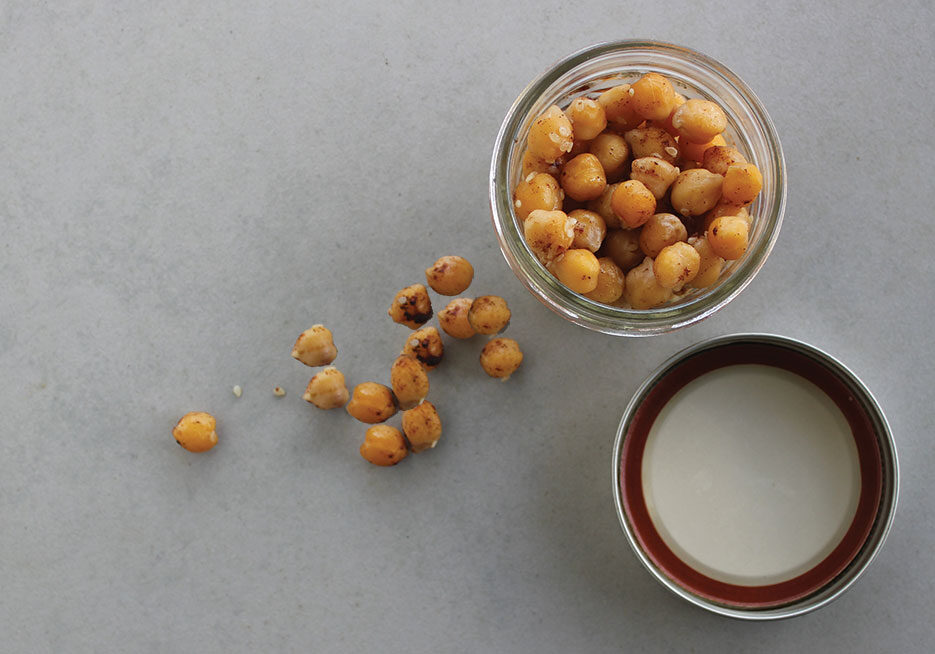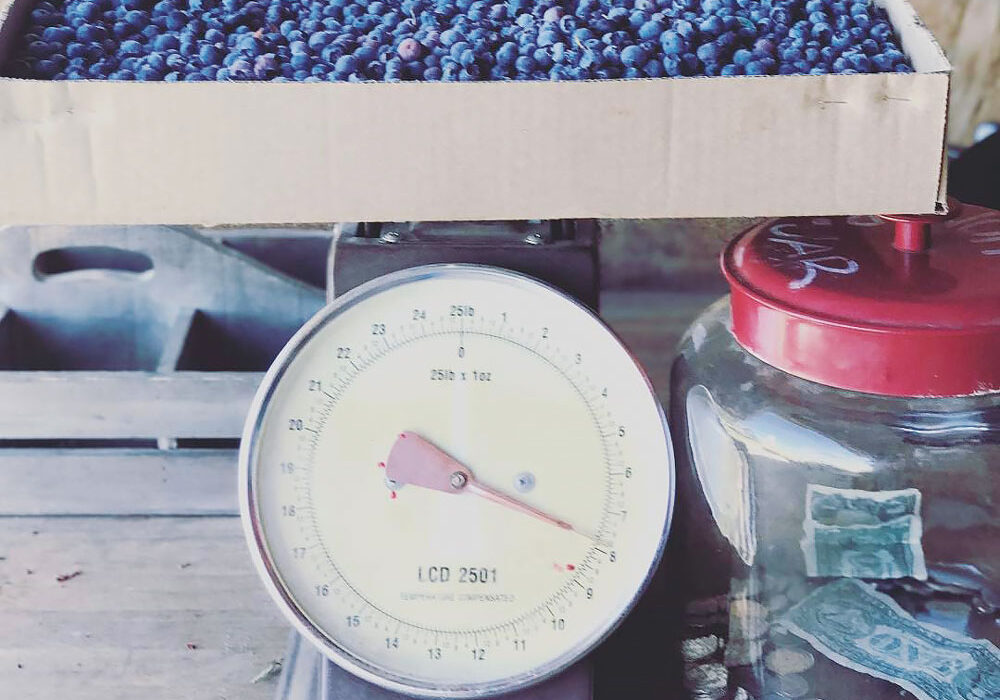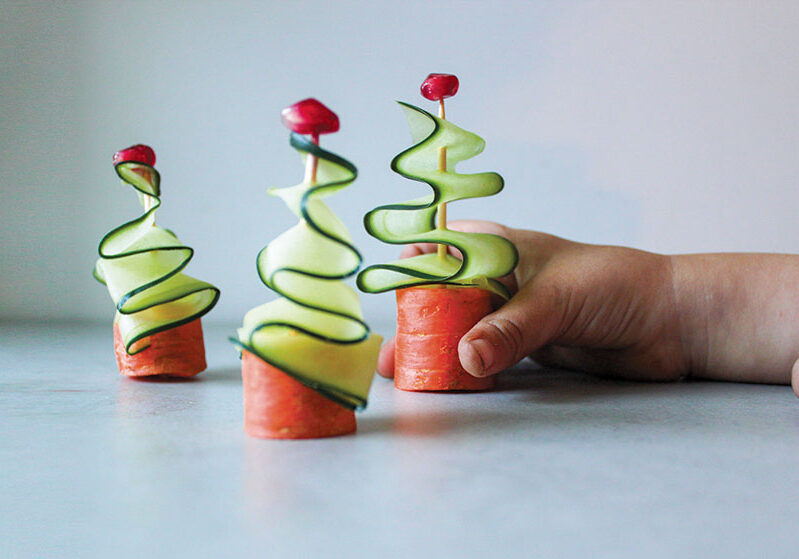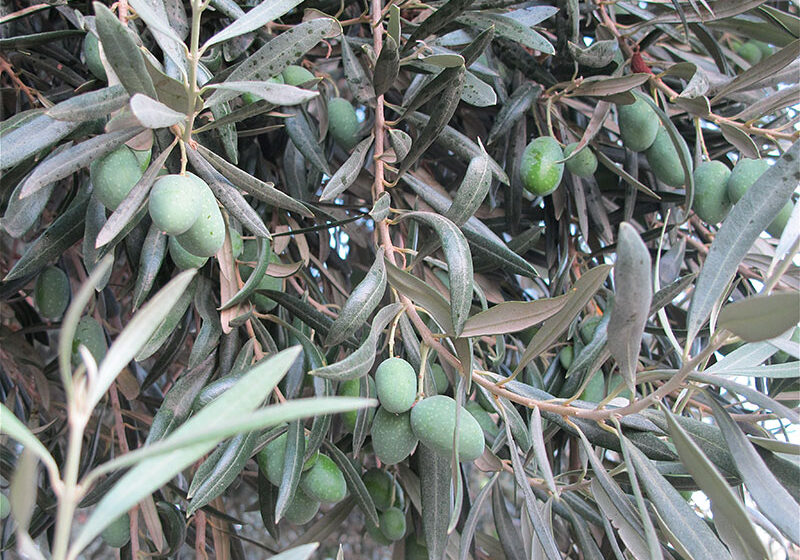 In recent years, the value of adding nutrient-rich greens to our diet has caught the attention of consumers, resulting in an explosion of available options. Not so long ago, the typical “garden salad” consisted mostly of chopped iceberg lettuce. Now that same menu item is a veritable medley of mixed greens, from arugula to escarole, mizuna to mustard. Collard greens have joined spinach as a popular quiche add-in, and some kids are even cashing in their potato chips for kale chips.
In recent years, the value of adding nutrient-rich greens to our diet has caught the attention of consumers, resulting in an explosion of available options. Not so long ago, the typical “garden salad” consisted mostly of chopped iceberg lettuce. Now that same menu item is a veritable medley of mixed greens, from arugula to escarole, mizuna to mustard. Collard greens have joined spinach as a popular quiche add-in, and some kids are even cashing in their potato chips for kale chips.
These lovely lettuces and gorgeous greens are nothing new to many of our local farmers. Every Saturday, Farmelot’s stand at the Chico Farmers’ Market offers an array of produce as colorful as an artist’s palette, and leafy greens are always prominent. “We supply the Sierra Nevada Taproom and Restaurant with a salad mix,” says owner and farmer James Brock. “That means we need to grow those plants all year.” Farmelot produces 10 to 12 types of lettuce, along with eight varieties of robust greens, year-round. Others are cultivated seasonally, providing consumers with endless options for salads, sandwiches, soups and stir-fries.
Taste and texture. Leafy greens encompass a wide assortment of flavors, ranging from bitter to sweet and from mild to tangy. Such differences are humorously illustrated by two of Farmelot’s salad blends. “Sissy,” for the less adventurous palate, is a combination of 12 milder lettuces including oak leaf and rhazes. Some of the spicier lettuces and greens, like arugula and komatsuna, give the “Sassy” mix a bit of a kick. Farmer James says texture is also a consideration. “Some people prefer the smooth, almost velvety butterhead, while others like the crisp crunch of a romaine.”
Nutrient know-how. Packed with fiber and a slew of vitamins and minerals, leafy greens can be an integral part of a balanced diet. In addition, Professor Melanie King of the Nutrition and Food Science department at California State University, Chico, says, “Greens also contain phytochemicals – compounds made by plants that may have health benefits for us.”
However, it’s important to note that nutritional composition is not the whole story. Bioavailability, the degree to which consumed nutrients may be absorbed and used by the body, varies depending on the food source and how foods are combined in a meal. Take iron, for example. The heme iron found in meat protein is more easily absorbed than the nonheme iron found in plant sources. But heme iron improves absorption of nonheme iron when the two are eaten together; Vitamin C also improves bioavailability of the mineral. So adding some chicken or citrus to a spinach salad allows the body to make better use of iron and other nutrients in the leafy greens.
Value in variety. Professor King cautions against getting too caught up in the details, however. “It’s easy to get overwhelmed by this information,” she says, “Then people give up and stop eating the veggies that are so important.” She emphasizes that we benefit most from eating a variety of foods. “Different lettuces and greens will contain different nutrients and at different levels. Eating a variety ensures getting the most nutrient-dense diet possible.” King also encourages us to eat our greens in whatever form is available. “Of course we all love our fresh produce,” she says. “But don’t shy away from frozen, fermented or canned. You’re still getting many of the dietary benefits.”
Variety also goes a long way when trying to get kids onboard. Sometimes it’s all in the presentation. A “gross” green shake can miraculously become a “Green Monster Power Smoothie.” Any of the sturdier leaves like kale, collard, and broccoli can be roasted into crunchy chips and jazzed up with a little parmesan cheese. Bake some greens into zucchini muffins or a savory quick bread.
Rethinking food scraps. Many edible plant parts are typically discarded in the midst of food preparation. Yet often, these “scraps” are tasty and packed with nutrients. When trimming kale and collards, save the stalks; finely chopped, they can be sautéed or added to stews with delicious results. Carrot tops and celery leaves make excellent pesto, or add flavor to a stir-fry. Broccoli and cauliflower greens can be used alone or in combination with other more traditional greens.
Smart storage. Lettuces and greens are perishable and can’t be kept too long without wilting and spoiling. Their nutritional value is also highest when they’re freshest. King says the best way to store leafy greens is in an airtight container in the bottom of the fridge. “Try to decrease exposure to light, warm temps and oxygen,” she says. “I always tell people to make good use of that veggie drawer!” Robust greens can easily be chopped and frozen for future use in soups and stews.
A Perfectly Mixed-Up Salad
Just as leafy greens vary in color, texture, and flavor, they also differ in nutritional composition. A creative mix makes for a healthy dish with oomph.
Start with a mild lettuce, such as butterhead, endive, rhazes or green leaf.
Add some crunch and texture with frisee, romaine or Napa cabbage.
Color it up with radicchio, beet greens, arugula and baby red Russian kale.
Add pepper and tangy arugula, dragon mustard, komatsuna, tatsoi, or watercress.
Top it off with microgreens – the tender, young baby leaves from a slew of plants – parsley, purslane, sunflowers, collards, snow peas – are all loaded with antioxidants and vitamin C. Flavors range from sweet to nutty to spicy.
Localicious is a monthly column celebrating food in the North State. If you would like to suggest a food-related business or organization, email us at localicious@northstateparent.com.
Posted in: Localicious
Comment Policy: All viewpoints are welcome, but comments should remain relevant. Personal attacks, profanity, and aggressive behavior are not allowed. No spam, advertising, or promoting of products/services. Please, only use your real name and limit the amount of links submitted in your comment.
You Might Also Like...

Localicious: Snacks that Go
Like most busy moms I am always looking for new ideas for grab-and-go snacks that are easy, nutritious and well-liked. Below are a few simple recipes that have been vetted […]

Localicious – A Trip to the Berry Patch for Back-to-School Treats
Oh, hey there, August! Back to school time already? August always seems to be a busy season full of excitement about creating a new year of family routines. Below are […]
Localicious – Microgreens: The Future of Vegetables at Lava Oasis Farm
You’ve probably heard the buzz about “micro greens.” But aren’t “micro greens” just sprouts? Almost … but not quite. Not to belittle sprouts, but they are missing two things that […]

Playful & Light Holiday Treats
As we make our way through one more month of holiday treats, I wanted to bring in a little fun food play for my kids that wasn’t solely focused […]



